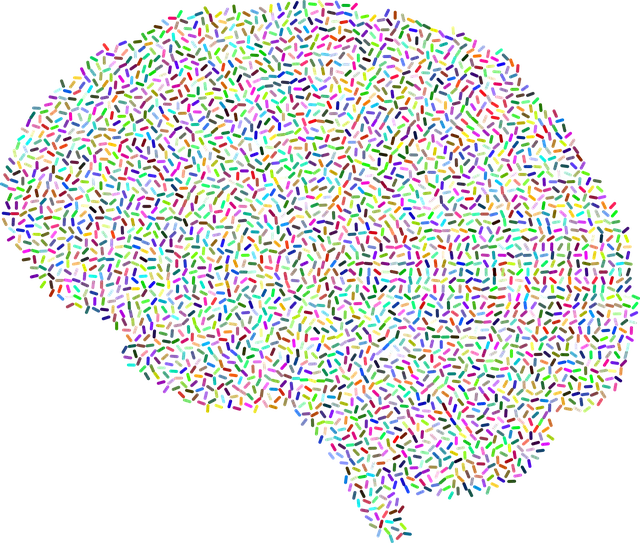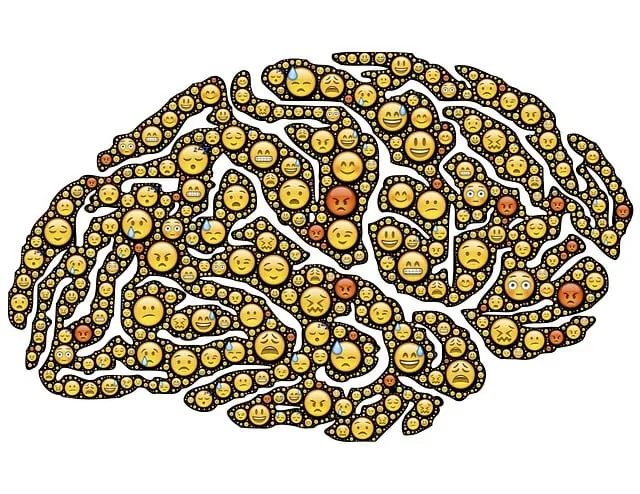In Wheat Ridge, where Kaiser provides comprehensive mental health services, community efforts to reduce stigma surrounding mental illness are thriving. By educating residents through workshops, support groups, and podcasts, Kaiser fosters an environment of acceptance and understanding. This collaborative approach, involving local communities and healthcare providers, effectively tackles the negative labels associated with conditions like depression and anxiety, encouraging open dialogue and proactive mental wellness management.
Mental illness stigma remains a significant barrier to seeking help, yet efforts to reduce it are gaining momentum. This article explores three key components in the fight against mental health stigma: understanding its profound impact on individuals’ lives, examining Kaiser’s innovative approaches to challenging stigma through services and outreach, and delving into successful community engagement strategies like the Wheat Ridge model. Additionally, we discuss how organizations like Kaiser offer mental health services as part of these initiatives.
- Understanding the Impact of Stigma on Mental Health Individuals
- Kaiser's Role in Challenging Stigma through Services and Outreach
- Community Engagement Strategies to Reduce Mental Illness Stigma: The Wheat Ridge Model
Understanding the Impact of Stigma on Mental Health Individuals

Stigma surrounding mental health issues can have profoundly negative effects on individuals’ lives. When communities and societies attach negative labels to conditions like depression, anxiety, or schizophrenia, it creates a barrier for those seeking help. Many people facing mental health challenges internalize these societal perceptions, leading to feelings of shame, isolation, and even self-doubt. This self-stigma can make it incredibly difficult for them to open up about their struggles, preventing early intervention and access to much-needed support. In places like Wheat Ridge, where Kaiser offers comprehensive mental health services, understanding the impact of stigma is a crucial first step in fostering an inclusive environment.
Empathy Building Strategies and Emotional Intelligence play a significant role in reducing this stigma. By educating communities about mental health disorders, their causes, and effective treatment options, we can foster a culture of acceptance and support. Mental Wellness Journaling Exercises can empower individuals to express their feelings, track progress, and challenge negative thoughts—all valuable tools in the fight against stigma. Through open dialogue, shared experiences, and increased awareness, communities like Wheat Ridge can create safe spaces where mental health is discussed openly, encouraging those affected to seek help without fear of judgment.
Kaiser's Role in Challenging Stigma through Services and Outreach

Wheat Ridge residents now have access to mental health services provided by Kaiser, a significant step in challenging the stigma surrounding mental illness. Beyond offering specialized care, Kaiser engages in extensive outreach programs designed to destigmatize mental health concerns and promote open conversations. Their approach includes educational workshops, support groups, and engaging initiatives like a Mental Wellness Podcast Series Production, which offers practical advice for mood management and burnout prevention.
These efforts create an inclusive environment, encouraging individuals to prioritize their mental wellness without fear of judgment. By combining direct services with community engagement, Kaiser is making substantial progress in breaking down barriers and fostering a more supportive atmosphere for those facing mental health challenges.
Community Engagement Strategies to Reduce Mental Illness Stigma: The Wheat Ridge Model

Community engagement is a powerful tool in the fight against mental illness stigma, and one model that has gained recognition for its effectiveness is the Wheat Ridge approach. This strategy focuses on fostering open dialogues within communities to promote understanding and reduce barriers to seeking mental health support. By engaging local residents, organizations, and healthcare providers, Wheat Ridge aims to dispel myths and misconceptions surrounding mental illnesses. The model encourages active participation through various initiatives, such as community events, educational workshops, and peer support groups, allowing for a more inclusive and supportive environment.
Wheat Ridge’s success lies in its ability to bridge the gap between individuals struggling with mental health issues and the resources they need. This includes highlighting the availability of services, like those offered by Kaiser, which provide comprehensive care for various conditions, including stress management and mood disorders. Through community engagement, they ensure that support is accessible and tailored to meet diverse needs, ultimately reducing the impact of stigma and encouraging proactive mental health maintenance.
Mental illness stigma reduction is a multifaceted approach, with community engagement and educational initiatives playing significant roles. As organizations like Kaiser strive to challenge stigma through accessible mental health services, the Wheat Ridge model demonstrates effective community-based strategies. By fostering open conversations and providing support, we can create an environment where individuals affected by mental illness feel understood and empowered, ultimately enhancing their well-being. Both Kaiser’s outreach and Wheat Ridge’s engagement tactics contribute to a growing movement to reduce stigma and promote mental health awareness in our society.






